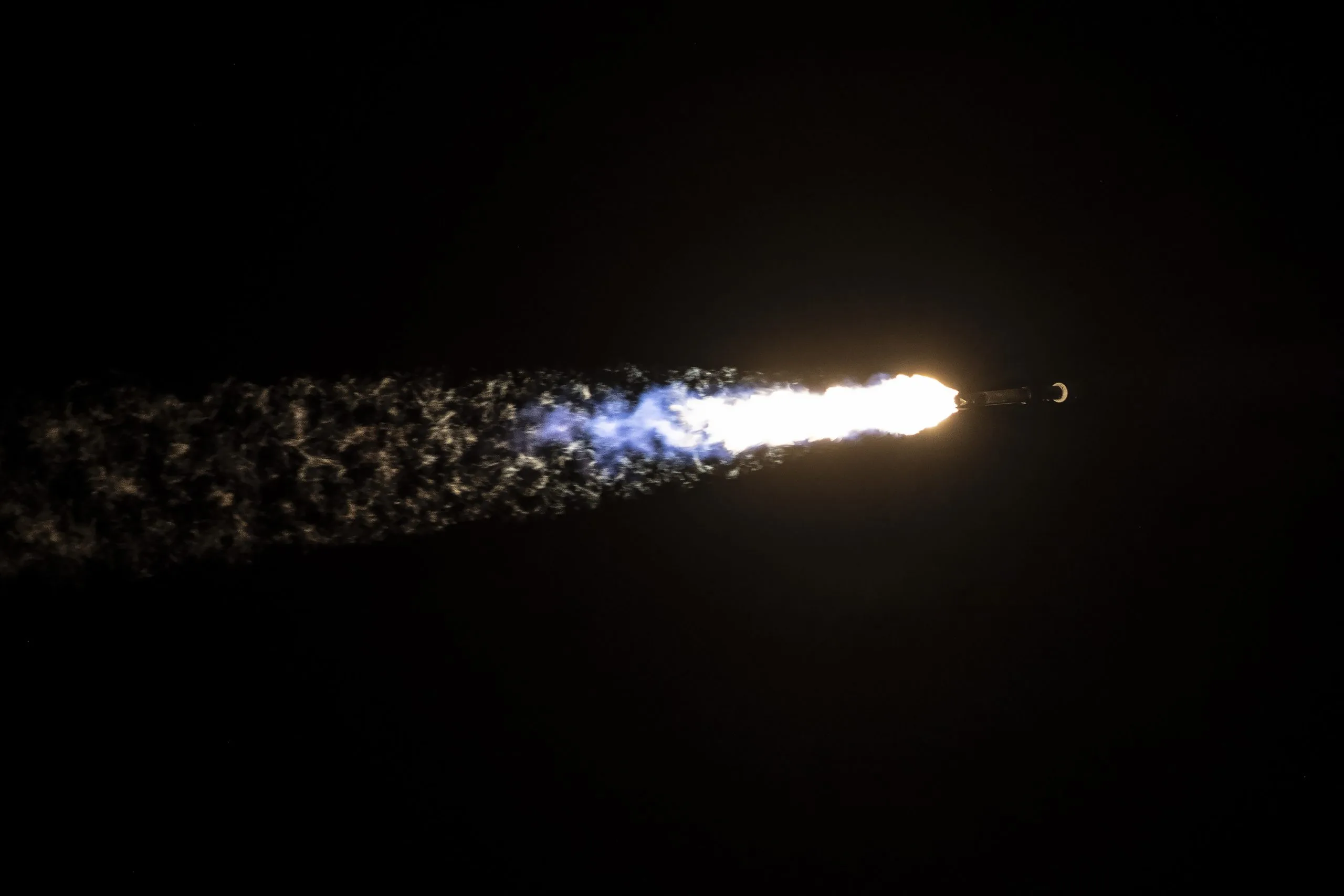SpaceX’s Starlink satellite internet constellation has lost more than two hundred satellites in low Earth orbit (LEO) since July, according to data from a satellite tracking website. This is the first time that Starlink has lost a significant number of satellites in a short time period, and these losses are typically influenced by solar flares that cause changes in orbit and damage or destroy the spacecraft. The nature of the satellites, i.e. their model, is unclear, and if they are the newer Starlink satellites that SpaceX regularly launches, then the firm will have to conduct at least nine Falcon 9 launches to make up for the satellites lost.
Since it is a SpaceX subsidiary, Starlink has rapidly built the world’s largest LEO satellite internet constellation and the world’s largest satellite constellation by rapidly launching them through the Falcon 9 rocket. However, upgrades to the spacecraft and constraints with the Falcon 9 have reduced the number of satellites that the firm can launch, with its latest launches seeing roughly 22 satellites per launch for a nearly one-third reduction over the 60 satellites that SpaceX launched during the early days of the Starlink buildout.
The newer satellites are second-generation spacecraft that SpaceX received the launch authorization from the FCC less than a year back. They are more powerful and are thus larger and heavier than the earlier satellites, which limits the Falcon 9 ability to squeeze large numbers inside a single payload fairing.
Satellites in orbit or space have to face off against various hazards that can damage or put them out of commission. SpaceX faced one such event in February 2022, when a solar flare damaged at least 40 of the recently launched satellites. SpaceX confirmed this and shared that the heat from the solar flare increased atmospheric density and made it impossible for the satellites to maintain their trajectory.



“This is a non story”
Billionaires adding to space junk that will keep us from getting the fuck off this rock is a non story, eh? Tell me more.
Sure! I’d be happy to.
The satellites operate in an extremely low orbit. At the end of their life they are manually de-orbited. If they fail, they will naturally de-orbit themselves in just a few years. They contribute to “space junk” in no way.
The precise position of all the Starlink satellites is known, and space is much bigger than you appear to be imagining, so the network will in no way impede lauching rockets.
There is no need to simply make stuff up about Starlink. There are plenty of reasons to hate Elon without inventing things.
What part of “reentry into earths atmosphere” did you have trouble comprehending?
I’d be way more worried about the amount of CO2 being released with so many Falcon 9 launches.